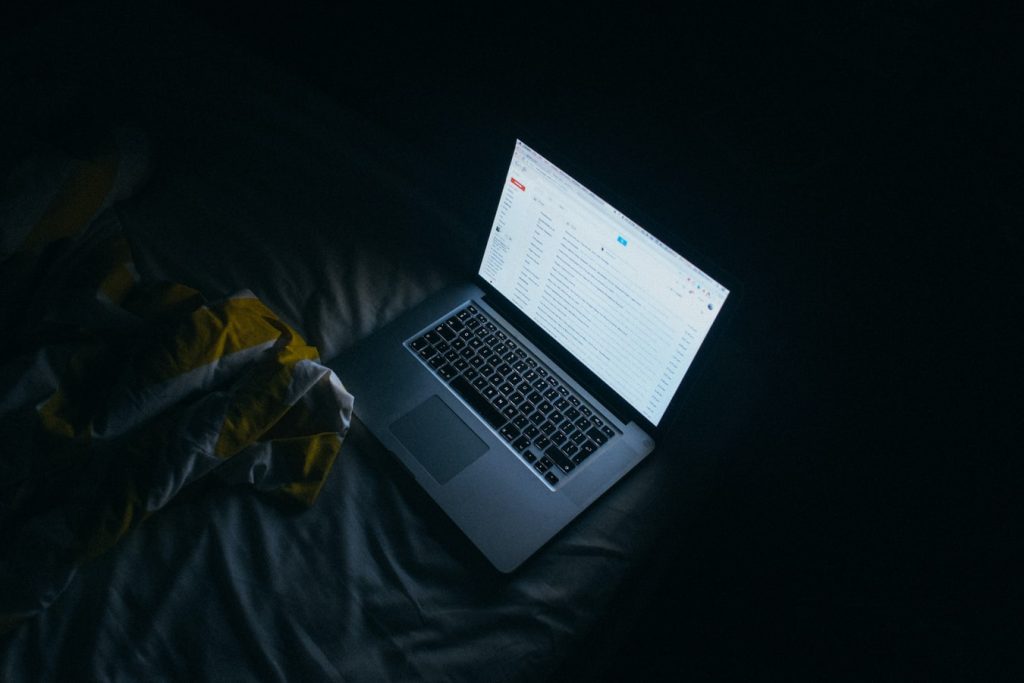Table of Contents
In the modern world, technology is an integral part of daily life, influencing how we work, communicate, and even how we sleep. While technological advancements offer numerous benefits, they also pose challenges to sleep quality. This article explores the impact of technology on sleep, examining both the detrimental effects and potential strategies to mitigate these issues for better sleep hygiene.

The Relationship Between Technology and Sleep
The relationship between technology and sleep quality is multifaceted. On one hand, technology can enhance our lives by providing tools for better sleep management and health monitoring. On the other hand, certain technological habits and devices can disrupt sleep patterns and negatively affect overall sleep quality.
1. Blue Light Exposure
One of the most well-documented impacts of technology on sleep quality is related to blue light exposure. Many electronic devices, such as smartphones, tablets, and computer screens, emit blue light, which can interfere with the production of melatonin—a hormone that regulates sleep-wake cycles. Melatonin levels typically rise in the evening to signal that it’s time to wind down and prepare for sleep. However, exposure to blue light before bedtime can suppress melatonin production, making it more difficult to fall asleep and reducing sleep quality.
2. The Role of Social Media and Screen Time
Social media and excessive screen time can also contribute to poor sleep quality. The constant flow of information and notifications from social media platforms can lead to increased mental stimulation and stress, making it harder to relax and unwind before bed. Engaging in stimulating activities, such as scrolling through social media or playing video games, can delay bedtime and disrupt the natural sleep cycle.
3. The Influence of Work-Related Technology
The use of work-related technology, such as email and productivity apps, can contribute to sleep issues. Many individuals engage with work-related tasks late into the evening or even in bed, which can lead to increased stress and difficulty transitioning from work mode to relaxation. The presence of work-related technology in the bedroom can create an environment that is not conducive to restful sleep.
4. The Impact of Sleep Tracking Devices
On a positive note, technology can also play a role in improving sleep quality through the use of sleep tracking devices. Wearable devices, smartwatches, and sleep apps can monitor sleep patterns, providing valuable insights into sleep duration, quality, and factors affecting sleep. This data can help individuals make informed adjustments to their sleep habits and environment. However, it’s important to use these devices mindfully, as excessive focus on sleep metrics can sometimes lead to anxiety about sleep, which can, paradoxically, affect sleep quality.

Strategies to Mitigate the Impact of Technology on Sleep
To minimize the negative effects of technology on sleep quality, consider implementing the following strategies:
- Limit Screen Time Before BedReducing screen time in the hour or two leading up to bedtime can help mitigate the effects of blue light exposure. Aim to turn off electronic devices or switch to blue light filters in the evening. Engage in relaxing activities that do not involve screens, such as reading a physical book, practicing meditation, or engaging in gentle stretching exercises.
- Establish a Sleep-Friendly EnvironmentCreate a sleep-friendly environment by keeping your bedroom a tech-free zone. Avoid using electronic devices, such as smartphones and tablets, in bed. Instead, reserve the bedroom for sleep and relaxation to help train your body to associate the space with restful activities. Additionally, consider using blackout curtains, white noise machines, or other sleep aids to create an optimal sleep environment.
- Use Technology MindfullyIf you use sleep tracking devices or apps, approach them with mindfulness. Focus on using the insights gained to make gradual, positive changes to your sleep habits rather than obsessing over every detail. Set specific goals for improving sleep based on the data, and remember that quality sleep is more important than meeting specific metrics.
- Practice Good Sleep HygieneAdopting good sleep hygiene practices can help counteract the negative effects of technology. Establish a consistent sleep schedule by going to bed and waking up at the same time each day. Create a pre-sleep routine that promotes relaxation, such as taking a warm bath, practicing deep breathing, or listening to calming music.
- Implement Blue Light Blocking SolutionsConsider using blue light blocking glasses or screen filters to reduce blue light exposure from electronic devices. These solutions can help minimize the impact of blue light on melatonin production and improve your ability to fall asleep. Many devices and apps also offer built-in blue light filters or night mode settings that adjust screen colors to reduce blue light emissions.
- Prioritize Stress ManagementTechnology-induced stress can negatively impact sleep quality. Incorporate stress management techniques into your routine to promote relaxation and improve sleep. Practices such as mindfulness meditation, journaling, and deep breathing exercises can help reduce anxiety and create a more peaceful pre-sleep environment.
- Evaluate the Use of Technology in Your LifeRegularly evaluate how technology impacts your sleep and overall well-being. Be mindful of your technology use and make adjustments as needed. If you find that certain technologies or habits consistently disrupt your sleep, consider making changes to prioritize your sleep health.

Conclusion
The impact of technology on sleep quality is complex, with both positive and negative effects. While technology can disrupt sleep through blue light exposure, increased screen time, and work-related stress, it also offers tools for monitoring and improving sleep. By adopting strategies such as limiting screen time before bed, creating a sleep-friendly environment, and using technology mindfully, you can mitigate the negative effects and enhance your overall sleep quality. Balancing technology use with good sleep practices is essential for maintaining optimal health and well-being in the digital age.
